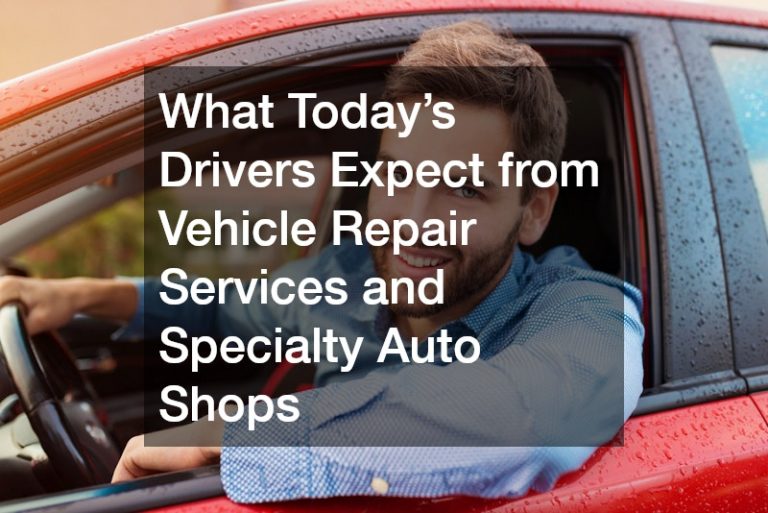

Stephen Hawking warned scientists — and the world — that scenarios in popular science fiction films may not be that far-fetched. According Hawking’s article in The Independent, fine-tuning artificial intelligence may be “the biggest event in human history” and, he cryptically adds, “the last.” What kinds of technology have Hawking so concerned?
The Truth About Google’s Self-Driving Cars
Among the current technology that concerned him, Hawking listed the robot who won Jeopardy and a technology that consumers are likely to directly come into contact with — Google’s self-driving cars. Is there any merit to Hawking’s concerns? Are self-driving cars dangerous?
Experts agree; the answer is no. In fact, Google’s automated cars have a better track record than the average human. Collectively, the vehicles have logged more than 700,000 miles with just two accidents — and, in both crashes, Google’s cars were not at fault. “As it turns out, what looks chaotic and random on a city street to the human eye is actually fairly predictable to a computer,” Google employee, Chris Urmson, writes. “A self-driving vehicle can pay attention to all of these things in a way that a human physically can’t — and it never gets tired or distracted.”
Are Self-Driving Cars The Way Of The Future?
Google projects that its self-driving cars will be on the market as early as 2017! There are a lot of details to work out, however. How long will it take for streets to be predominantly filled with automated vehicles? Will good used cars, affordable used cars, and/or rental cars for sale ultimately be automated? If not, used cars prices or used cars value motivate people to purchase traditional cars instead? At this point, Google engineers do not have all of the answers. It is not wholly clear.
Google predicts self-driving cars will soon be out on most public streets. It is still unclear, however, whether everyone will want one — and whether they will eventually replace good used cars. Great references here.






